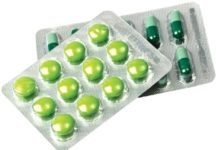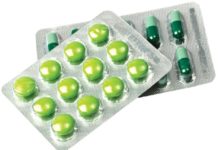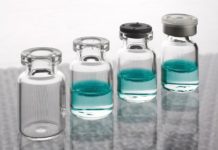In pharmaceutical industries these three terms are commonly used. Sometimes there is a confusion between these terms. Here I would like to explain these terms in a simple way which will be easy to understand.
Calibration: It is simply a process of comparing the unknown with a reference standard and adjusting the instrument response as close to the values shown by reference standards and reporting the results. In calibration we can adjust instrument response as per standards values. For example during pH meter calibration, we set the pH values of standard buffers in pH meter as 4.0,7.0 and 9.2 in three point calibration which means after dipping electrode in a particular buffer we set pH value as per buffer used like 4.0, 7.0 or 9.2 irrespective of values shown by the standard buffers. Another example is if applied voltage = 1.50 v, Indicated = 1.45 v then error= -0.05 v then we can adjust the instrument response by removing that error to 0.00. It is called calibration.
Verification: Verification is the comparison of results against specifications. For example if as per specification limit is 4.0-4.5 and value shown by pH meter is 4.6 then it is fail result against specification. Another example is error= -0.05 v, specification = ±0.03 v and results is fail. This is called verification.
Validation: Validation is the procedure of establishing documented evidence that provide high degree of assurance that the specific process will consistently produce a product meeting its pre-determined specification and quality attributes. This is called validation.











